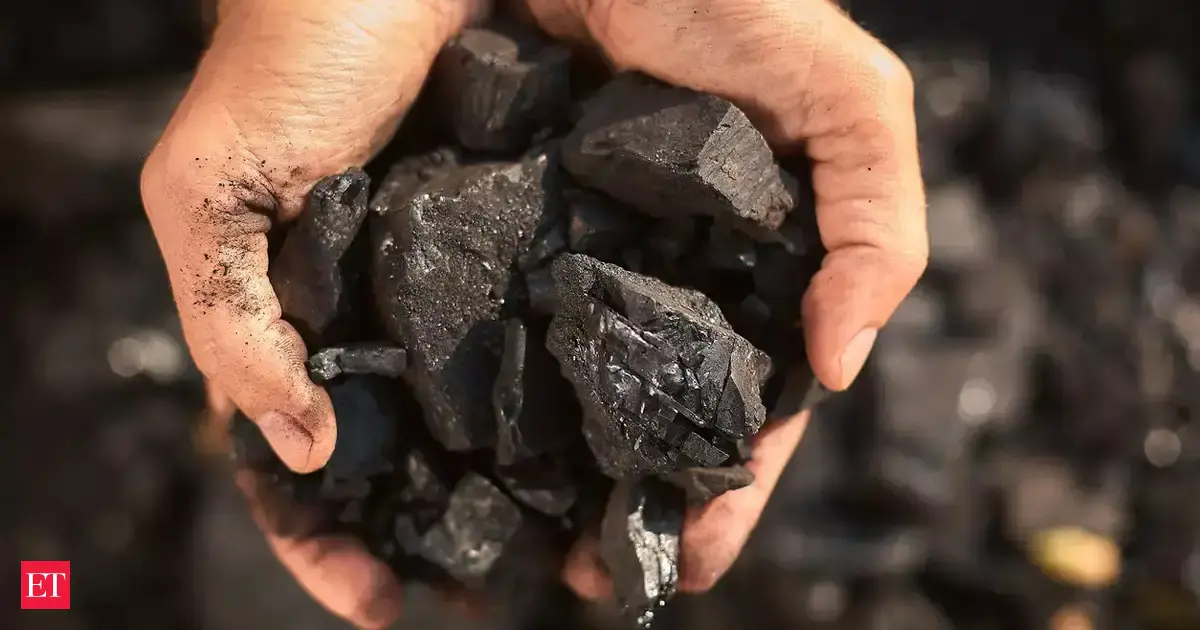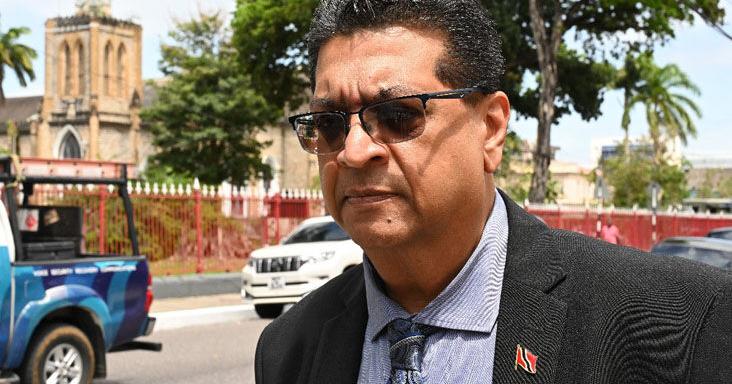Copyright thebftonline

By Juliet Aguiar DUGBARTEY, Takoradi John Abdulai Jinapor, Minister of Energy and Green Transition, has expressed grave concern over the country’s declining oil production. He warned that if immediate steps are not taken to reverse this trend, the petroleum sector could face collapse within the next decade. Speaking at the opening of the 2025 Local Content Conference and Exhibition in Takoradi, the minister said the domestic petroleum industry, once hailed as a catalyst for economic transformation, is now facing “very serious and significant challenges”. “From a peak of 71 million barrels in 2019, production has dropped to 38 million – a decline of about 32 percent in just five years. If this trend continues, Ghana risks losing nearly half of its petroleum revenue.” he noted. Mr. Jinapor added that in monetary terms the sector’s value has fallen from about US$1.35billion in 2024, with projections showing a potential 50 percent loss this year if the decline persists. According to the minister, this slowdown in production poses far-reaching implications for fiscal stability and undermines Ghana’s ability to harness its hydrocarbon resources for industrial and socio-economic advancement. “If we do not arrest the decline and improve on our oil production, we may not have local content conferences like this in the near-future,” he warned. He attributed challenges confronting the sector to regulatory inefficiencies, protracted licencing processes, ambiguous and inconsistent policies and an onerous tax regime that has collectively made Ghana less attractive to investors. Citing the failed 2018 licencing round when no petroleum agreements were concluded, he said such setbacks have eroded investor confidence and contributed to the exodus of major international oil companies such as ExxonMobil among others. “Côte d’Ivoire is fast overtaking Ghana in petroleum exploration. The question we must all ask is: what is Côte d’Ivoire doing right that Ghana is not?” he said, urging participants to explore practical solutions to make Ghana competitive again. The minister also lamented the decline in business activity in Takoradi, once a hub for the oil and gas industry, saying the slowdown has had ripple-effects on the local economy. “When I arrived the city looked quiet, the hotels empty. Years ago, Takoradi was booming with activity. That tells you how deeply this sector’s decline is affecting livelihoods,” he said. He called on industry players, regulators and policymakers to use the conference as a platform to generate actionable ideas that can be developed into “measurable, time-bound policies” to rejuvenate the petroleum sector. “I will listen to all of you, take your beautiful ideas, craft them into policy, implement them and take credit for what you do here,” he said. The acting Chief Executive Officer-Petroleum Commission, Victoria Emeafa Hardcastle, said the Commission is commited to revitalising the upstream petroleum sector through innovation, investment attraction and strengthened local content participation. She noted that despite the country’s considerable petroleum potential, the industry is facing a crisis of confidence – compounded by declining investments and the global energy transition. “We must take immediate measures to revive investor confidence and turn around the industry’s fortunes,” she stressed, According to her, the Petroleum Commission’s revitalisation drive is anchored on three key actions – revitalising, innovating and redefining to ensure Ghana remains a competitive and attractive destination for petroleum investments. This, she explained, will require streamlining regulatory processes and fostering a transparent, stable investment environment. Highlighting recent developments, she disclosed that: “Tullow Oil and ENI have signed Memoranda of Intent with government to invest US$1.5billion of additional investments in OCTP and block 4 contract areas”. She pointed out that ENI, in particular, plans to increase gas production from 240 million to 350 million standard cubic feet per day by 2028, a move expected to boost Ghana’s energy security and industrial growth. To address operational and fiscal challenges within the sector, she revealed that the Commission is deepening collaboration with other regulatory bodies including Ghana Revenue Authority (GRA), Bank of Ghana (BoG) and Ghana Investment Promotion Centre (GIPC) in finding lasting solutions to common industry bottlenecks. Ms. Hardcastle expressed optimism that outcomes from the three-day conference will drive practical reforms and renewed confidence in Ghana’s oil and gas sector, ultimately translating into increased participation of Ghanaian businesses in the value chain.



